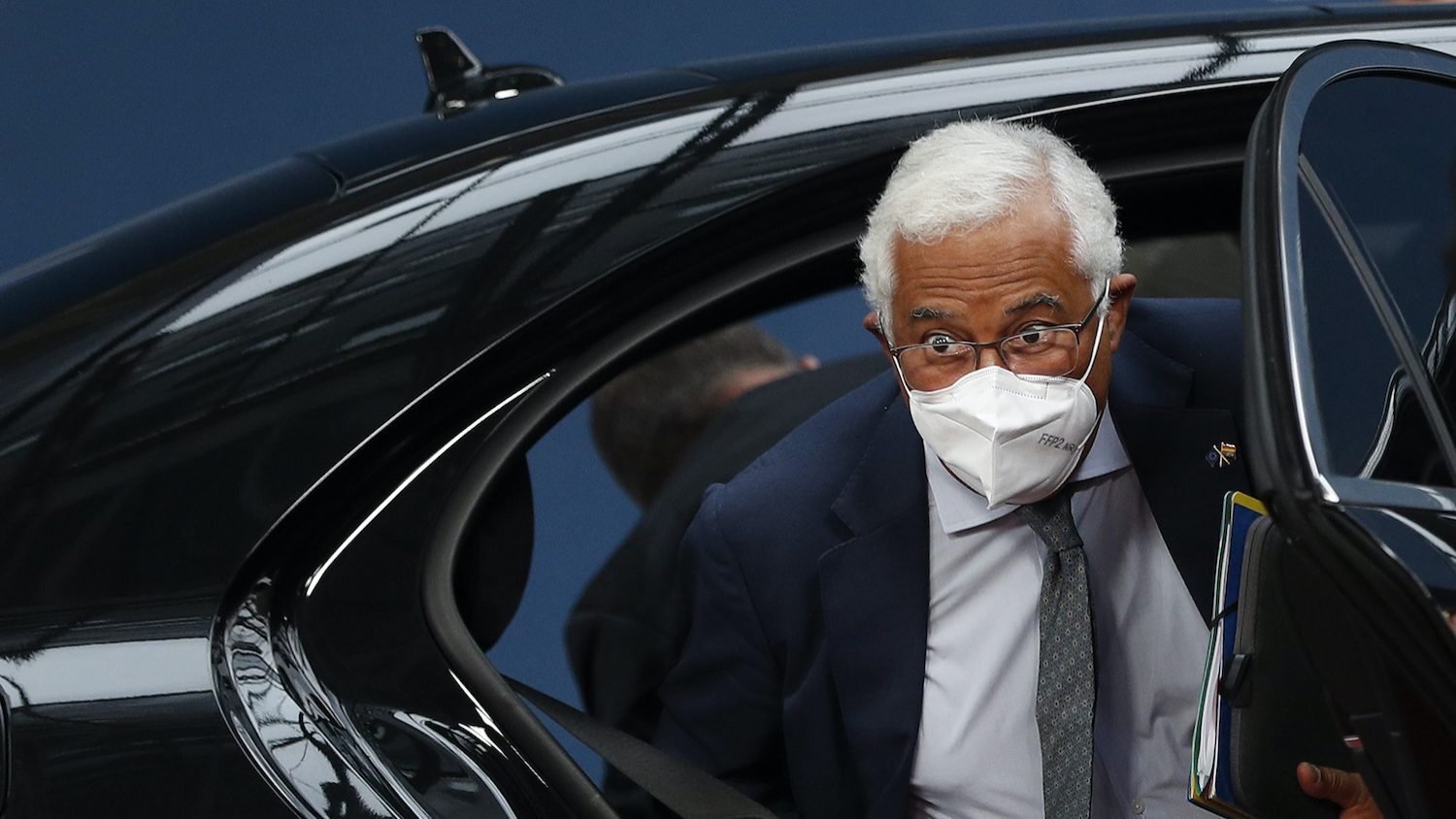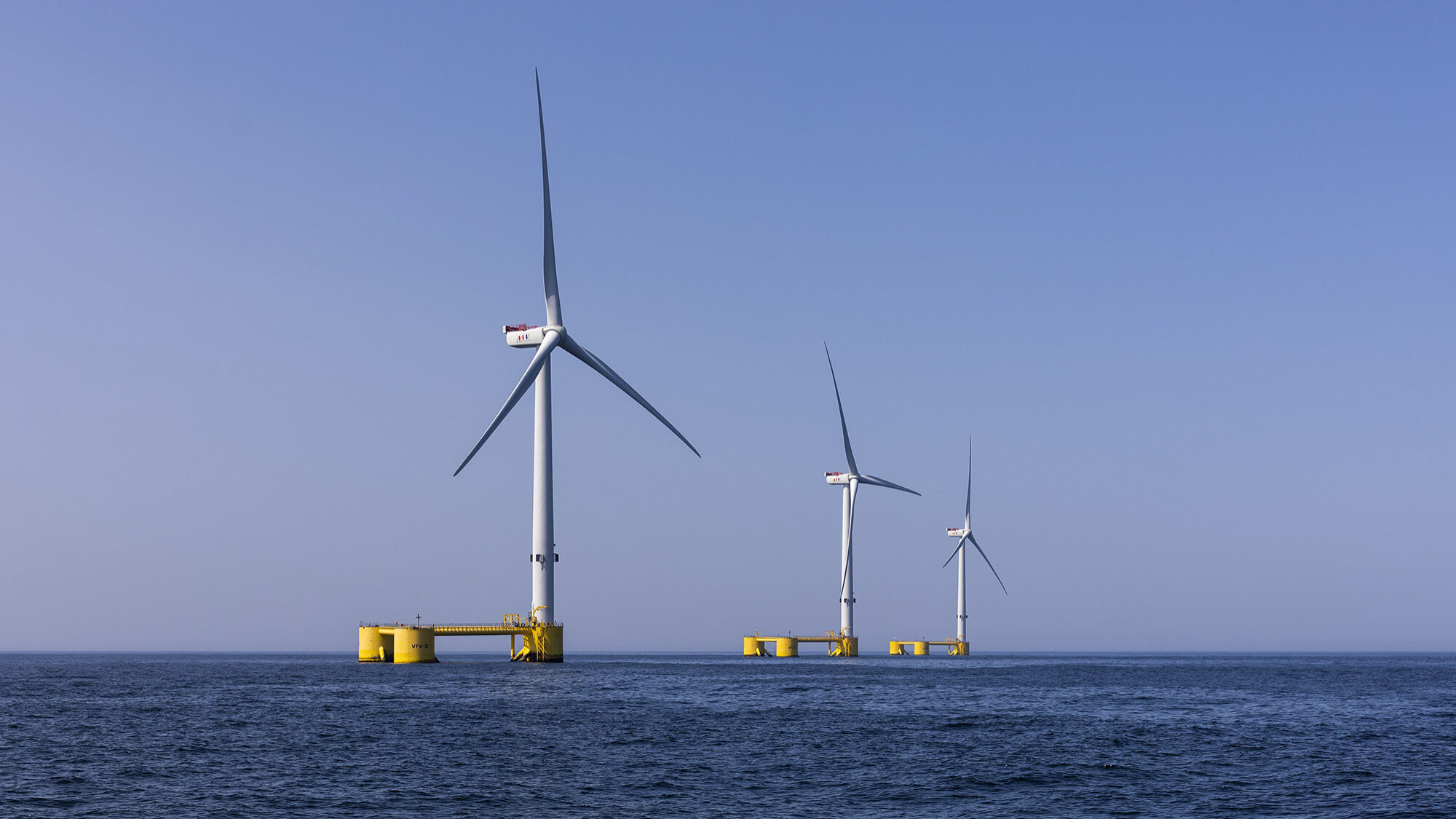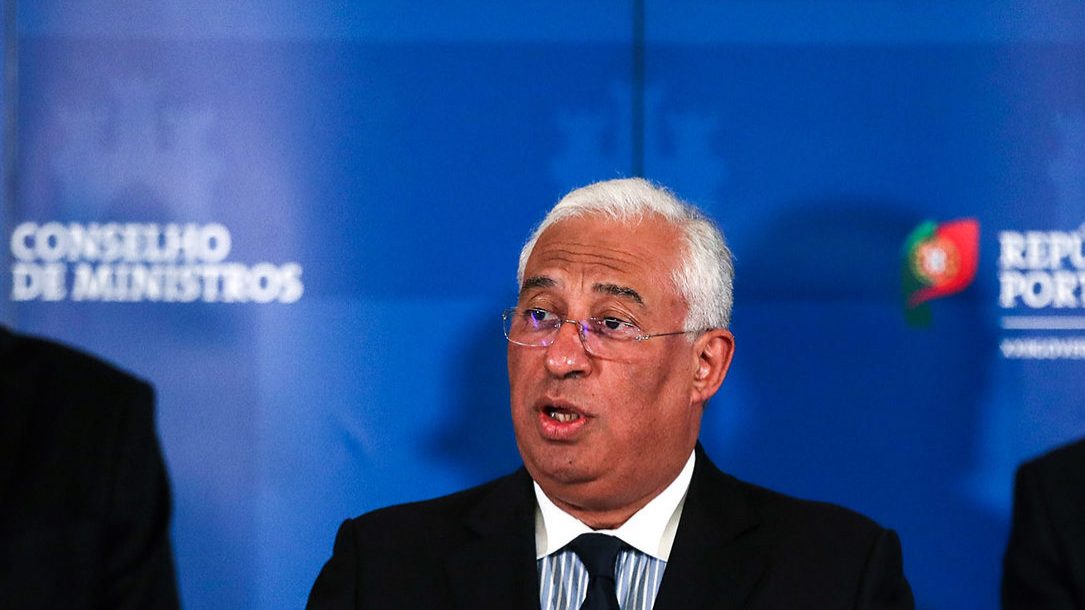Blue bioeconomy pact wants to develop use of marine resources with €133M
The Blue Bioeconomy Pact brings together a total of 85 national entities, including large companies, small and medium-sized enterprises, start-ups and research and development institutions.
The Blue Bioeconomy Pact, a €133 million mobilising agenda led by Inovamar, aims to change the model towards decarbonisation with 52 new products and services linked to marine resources, a director of the company said on Monday.
“This agenda and this pact aims, above all, in these three years [until the end of 2025], to be able to create 52 new products and new services that use the blue bioeconomy” in areas such as algae, biomaterials, shellfish, textiles, food, feed for animals and fish, said Miguel Marques, chairman of Inovamar’s executive board of directors.
He was speaking to journalists on the sidelines of the launch of Vertical Algae, one of the consortium’s seven side projects, linked to the use of algae, at a session held today at the University of the Algarve, in Faro.
The Blue Bioeconomy Pact brings together a total of 85 national entities, including large companies, small and medium-sized enterprises, start-ups and research and development institutions, whose aim is to “make a major contribution to a paradigm shift” in the country.
“To become a more sustainable economy, that generates more value, with more qualified employment. This through the sea and, in particular, everything that has to do with the blue bio-economy,” continued Miguel Marques.
Using marine biological resources to, through biotechnology, create new economic models will allow us to take advantage of the “very diverse and very important” assets that already exist in Portuguese rivers and seas.
“They are there, it is an endogenous resource of the country and what we lack is to be able to value them. Not extract, but enhance, and so we have entities here, from the best academics to the best companies in the country, to try, together, by 31 December 2025, to deliver several dozen new products based on these marine biomes without extracting them,” he stressed.
In addition to the consortium linked to the algae sector, launched today in the Algarve, this mobilising agenda includes six more secondary consortiums, linked to ‘clusters’ which, after analysis by the partners involved, were seen as the most useful for the creation of new industries: biomaterials, shellfish, textiles, food, animal feed and fish.
An overall investment of €133 million is planned by all the entities involved, with funding of €94 million from the Recovery and Resilience Plan (RRP – the EU’s post pandemic funds for economic recovery).
The agenda is “ambitious”, responding to the crisis that the world and, by extension, the country, have experienced in recent times, pointed out the head of Inovamar.
“We all know that, in a certain way, the country and the world are living an unstable situation, for various reasons. Independently of the pandemic crises or the crises that have to do with conflicts, we have already noticed in the national economy a need for a change of paradigm”, emphasised Miguel Marques, in relation to the need to accelerate decarbonisation.
The director of Inovamar – whose shareholder capital includes Sociedade Francisco Manuel dos Santos and the leaders of the seven vertical projects (Grupo Amorim, Oceano Fresco, TMG, Canreal, Necton, ETSA and Sonae) – warned that “this cannot continue” and that the path is towards “a decarbonised economy”.


